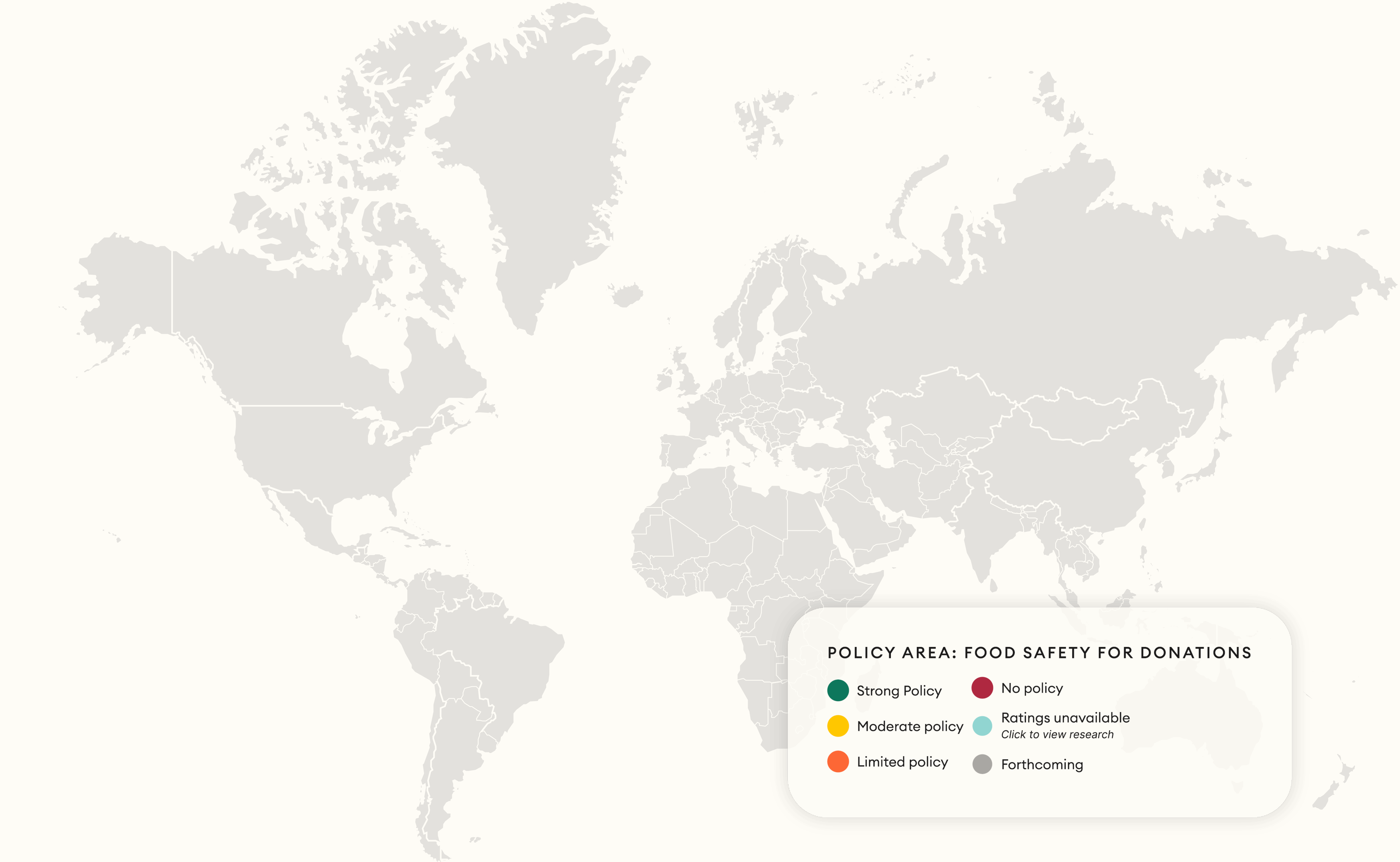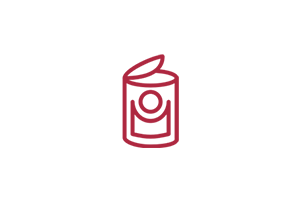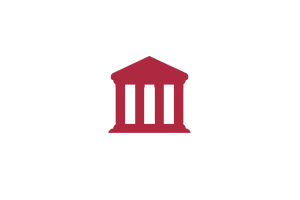Nigeria: Policy Highlights and Opportunities
Each year, approximately 40% of food produced in Nigeria is lost or wasted. At the same time, nearly 116 million people are moderately or severely food insecure.
Atlas Research: Nigeria
Policy Highlights
Nigeria research was published in September 2022 and was made possible with the advice and support of our on-site partners, including Lagos Food Bank Initiative.
Policy Opportunities and Recommendations




